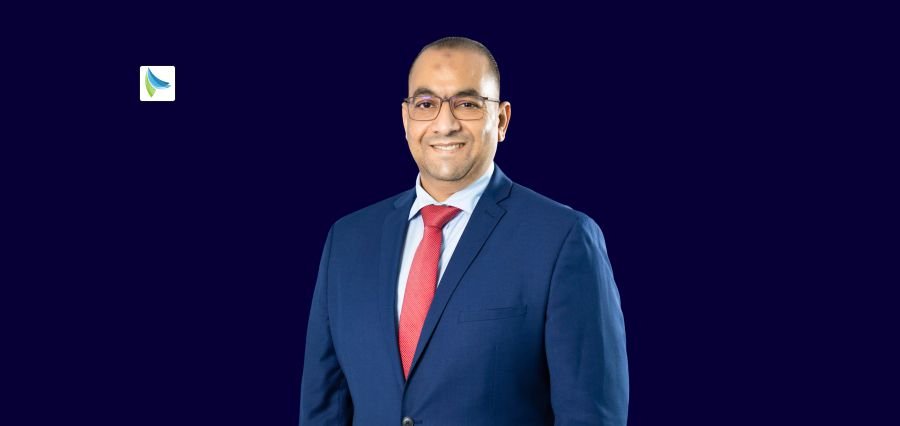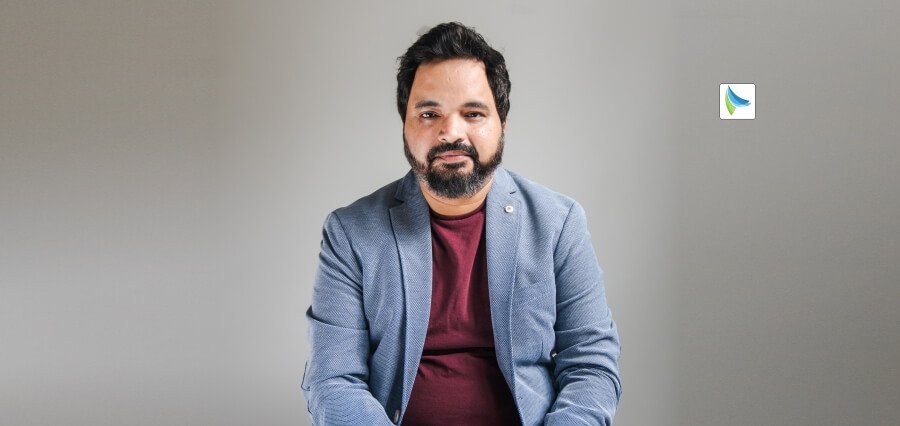Education is the cornerstone of societal advancement and personal transformation. As a tool, it empowers individuals, breaks cycles of poverty, fosters equality, and creates a pathway for opportunity and innovation. Education isn’t just about textbooks and classrooms—it’s about nurturing minds, inspiring action, and shaping futures. In a world increasingly driven by knowledge, access to quality education is more important than ever.
Among the stalwarts who have transformed the educational landscape, Professor Richard Larson stands tall. His life’s work is a testimony to what passion, commitment, and vision can accomplish. From shaping young minds to influencing large-scale policy decisions, Larson’s journey offers invaluable insights into how one individual can leave an indelible mark on the academic world. His career, spanning over five decades at MIT, has not only impacted the institution but has also touched countless lives around the globe.
Professor Larson’s legacy is not merely in the volumes of scientific literature he has authored or the prestigious positions he has held. It is deeply rooted in his approach to mentorship, his teaching philosophy, and his relentless pursuit of educational innovation. This article explores his life, career, achievements, and enduring influence on the global educational community.
Early Roots and Educational Foundations
Born in 1943 in Bayside, Queens, New York City, Richard Larson’s early life took him through Pennsylvania and later to North Plainfield, New Jersey. These formative years laid the foundation for a lifelong pursuit of knowledge. After graduating from Needham High School in Massachusetts, he went on to attend the Massachusetts Institute of Technology (MIT)—a decision that would shape the rest of his life.
At MIT, Larson’s academic journey saw him earn a Bachelor of Science, a Master’s degree, and ultimately a PhD in Electrical Engineering. These achievements were not just academic milestones; they were stepping stones in a career marked by interdisciplinary curiosity and intellectual versatility.
Discovering a Passion for Teaching and Research
Even as a school student, Richard Larson exhibited a strong affinity for physics due to its logical structure and practical application. He disliked chemistry and found biology challenging due to its memorization-heavy approach. His early academic preferences foreshadowed his future inclination toward operations research, a field that blended his analytical abilities with real-world applications.
Professor Richard Larson never aspired to become a traditional physicist. He was driven by a desire to bridge multiple disciplines, an approach that would become a defining trait of his academic life. Rather than conforming to academic silos, he sought out intersections—between engineering and education, policy and science, technology and human development.
An MIT Journey Spanning Five Decades
Larson’s career at MIT is extraordinary by any measure. Over 55 years, he taught in five different academic departments, ranging from Electrical Engineering to the interdisciplinary Institute for Data, Systems, and Society (IDSS). His teaching methods combined rigorous analytical thinking with real world relevance, making his classes both challenging and inspiring.
The path to MIT was not without its emotional moments. When Richard Larson received his acceptance letter, he initially believed it to be a mistake. This reaction, as he later learned, was quite common among high-achieving students and is referred to as the “Groucho Marx Syndrome.” Yet, this humble disbelief did not deter him. Once he joined MIT, he fully immersed himself in its intellectual culture and went on to shape it profoundly.
Mentorship That Changed Lives
One of the defining moments in Larson’s career occurred when a student came to his office, intent on dropping out due to a poor exam performance. Instead of letting the student walk away, Richard Larson engaged him in deep, focused conversations. By nurturing the student’s commitment and providing tailored mentorship, he transformed not just the student’s grade but also his confidence. Stories like this are countless and demonstrate Larson’s incredible ability to inspire and elevate his students.
His mentorship has consistently produced A-grade scholars who went on to excel in academia, industry, and government. For Richard Larson, teaching was never a transactional job. It was a calling. A mission to shape minds and prepare students not only for exams but for life.
Notable Achievements and Honors
Larson’s achievements extend beyond the classroom. He served as president of the Operations Research Society of America (ORSA) from 1993 to 1994 and later as president of INFORMS, the Institute for Operations Research and the Management Sciences. For over 15 years, he was the co-director of MIT’s Operations Research Center.
He was also the principal investigator of the MIT BLOSSOMS (Blended Learning Open Source Science or Math Studies) initiative, which aimed to enhance high school education worldwide. His active research in pandemic control, particularly during the COVID-19 era, has been groundbreaking. Richard Larson has often focused on systemic issues within the U.S. education system, using operations research as a tool to propose meaningful changes.
Teaching Philosophy: Engaging Students Always
Despite the evolution of educational platforms and curriculum structures over the years, Larson’s approach to teaching has remained grounded in one principle: engagement. His classes are not one-way lectures but interactive sessions designed to challenge, provoke, and inspire.
He describes Operations Research as “the world’s most important invisible profession,” making it both an exciting and easy subject to teach. Subjects like Airline Scheduling and Queuing, with their practical relevance, have been favorites in his pedagogical toolkit. He continuously strives to make complex ideas accessible and relevant to his students.
Defining a Visionary Leader in Education
For Richard Larson, a visionary leader is one who cultivates critical thinking and nurtures responsible global citizens. He encourages students to question norms, challenge ideas, and embrace lifelong learning. He warns against blind conformity and praises those who chart new paths—even when those paths are uncertain or unpopular.
In his view, education should not be about producing workers for the economy. It should be about shaping individuals who are intellectually curious, socially responsible, and personally fulfilled. This philosophy has guided not just his teaching, but also his administrative roles and research priorities.
Legacy of a Mentor and Role Model
Professor Larson hopes to be remembered as someone who loved what he did and approached his work with a deep sense of purpose. His goal was never just to complete a curriculum but to add value to his field and inspire others to do the same.
He takes pride in his students’ achievements, many of whom have become influential figures in their respective fields. His legacy lies not just in the books he wrote or the awards he won but in the people, he helped shape—future educators, researchers, policymakers, and changemakers.
Accolades and Recognitions
Professor Richard Larson’s first book, Urban Police Patrol Analysis (MIT Press, 1972), earned him the prestigious Lanchester Award. He has received numerous Best-Paper-of-the-Year awards, including those for his work on H1N1 influenza vaccine distribution and the STEM education landscape.
In 2012, he was honored by the journal Value in Health for his contribution to healthcare modeling. Later, in 2015, he received the Lawrence M. Klein Award from the U.S. Department of Labor and was featured in The New York Times for his impactful work.
A Life Well Lived in Service of Education
Professor Richard Larson’s story is one of passion, persistence, and unparalleled contribution to the world of education. From his humble beginnings in New York to becoming a cornerstone of MIT’s academic legacy, his journey inspires not just admiration but aspiration.
In a rapidly changing world, the need for educators like Richard Larson—who are mentors, visionaries, and lifelong learners—is greater than ever. His legacy serves as a guiding light for future generations of educators and students alike, reminding us that education is not merely a profession but a lifelong pursuit of truth, excellence, and humanity.
Richard Larson once said, “Education is one of the world’s best and greatest investments.” His life is proof of that truth. An investment in education—when made with sincerity, passion, and purpose—can indeed change the world.














